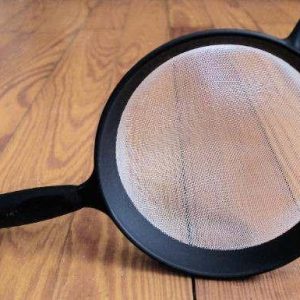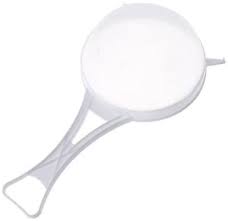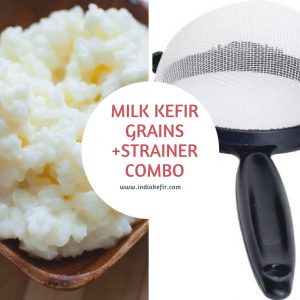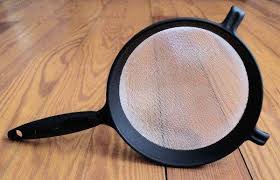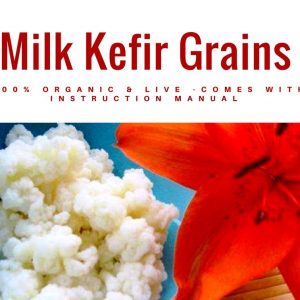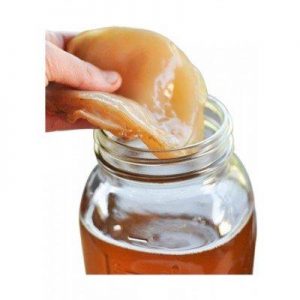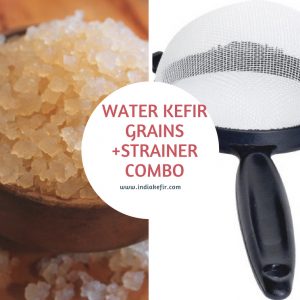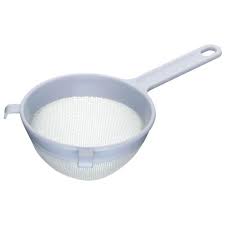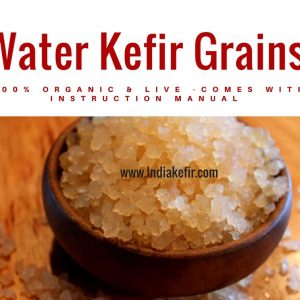Our Products
 FAQ MILK KEFIR
FAQ MILK KEFIR
THE BASICS ABOUT FAQ MILK KEFIR !
Q. What is milk kefir?
A. Milk kefir is a probiotic beverage made with milk kefir grains . Milk Kefir Grains (once active) can be used to culture dairy milk or coconut milk.
Q. What does kefir taste like?
A. The taste of finished kefir varies greatly based on the type of milk used and the length of time it is cultured. Milk kefir can have a sour taste and an effervescent texture. If you have not tried kefir, we recommend culturing it for not more than 24 hours .
Q. Does milk kefir have the same benefits as water kefir?
A: Water kefir contains fewer or less strains of bacteria and yeasts than milk kefir . Thus MILK KEFIR is anytime better than WATER KEFIR .
Q. What are milk kefir grains?
A. Kefir grains consist of bacteria and yeast existing in a symbiotic relationship. The term “kefir grains” describes the look of the culture only. Kefir grains contain no actual “grains” such as wheat, rye, etc.
Q. What ingredients go into creating milk kefir grains?
A. SHIP KEFIR milk kefir grains are grown using only organic milk.
Q. Are milk kefir grains reusable?
A. Yes, milk kefir grains are reusable. Once a batch of milk kefir has finished culturing, simply remove the milk kefir grains and place them in fresh milk.
Q. How long do dairy kefir grains last?
A. If cared for properly, milk kefir grains have an unlimited life span and can be used repeatedly to make kefir.
Q. Why should I make my own milk kefir?
A. Homemade kefir will contain a larger number of probiotics . Making kefir at home costs significantly less than commercial kefir and you have complete control over the milk you use (organic, nonhomogenized, raw, etc.).
Q. Does homemade milk kefir contain gluten?
A. No, milk kefir grains are grown in organic milk.
Q. What is the process for making milk kefir?
A. To make milk kefir at home you will need Milk and Milk Kefir Grains
Q. How will I know when the milk kefir grains are making kefir?
A. Once the milk starts to thicken (similar to the consistency of cultured buttermilk or heavy cream) and the aroma is pleasant, the kefir grains are making kefir.
Q. How long does it take to make milk kefir?
A. Kefir generally takes 12 to 24 hours to form. The exact amount of time will vary depending on environmental factors, the most important of which is temperature. Cold temperatures slow the fermentation process (and it can be all but stopped by placing the grains in milk in the refrigerator).Heat speeds the process so kefir will form more quickly in a warm area and will be more likely to over-culture. Allowing the kefir grains to remain in milk longer than 48 hours risks starving the kefir grains and potentially damaging them.
Q. How long can I store the finished kefir in the refrigerator?
A. Finished milk kefir can be stored as follows:
At room temperature (20° to 25°F): 1 day In the refrigerator (4° to 8°C): 1 week In the freezer (-17° to -4°F): 1 month or longer (like ice cream) Storage recommendation: Refrigerate
Q. Are milk kefir grains reusable? How long do they last?
A. Yes, milk kefir grains are reusable. Once a batch of milk kefir has finished culturing, simply remove the milk kefir grains and place them in fresh milk. . If cared properly, milk kefir grains have an unlimited life span and can be used repeatedly to make kefir.
Q. How do you know if the grains are ‘healthy’?
A. Kefir grains are very resilient and will strive to maintain their health at all times. As long as your grains are converting milk to kefir that is not ‘off’ they are just fine. They may get stressed and change shape or smell a bit (more yeasty or more stringy looking), but they will bounce right back given the right conditions. They range from creamy white to a dark ivory and coiled brain-patterned balls to bumpy ribbons.
Q .What is the difference between kefir grains and powdered kefir starter culture?
A. There are three primary differences between milk kefir grains and powdered kefir starter: Milk kefir grains have a larger number of probiotics than the powdered starter culture. With proper care, kefir grains can be used indefinitely to make kefir. Powdered starter culture can be reused for some of batches, but will eventually stop culturing. Powdered kefir starter culture has a smaller initial investment cost than do kefir grains; however, you will need to continue to purchase new culture if you wish to make kefir beyond a few batches. Thus Kefir Grains are much better one time investment than repeatedly buying Kefir starter culture .

